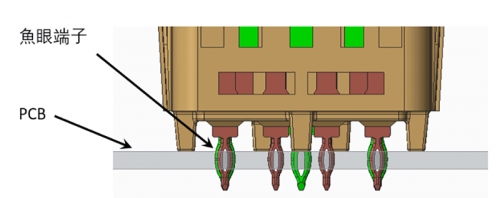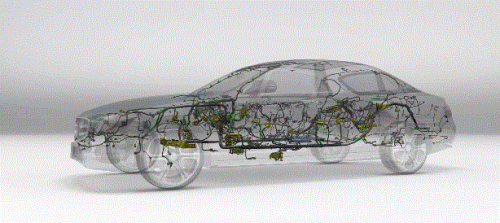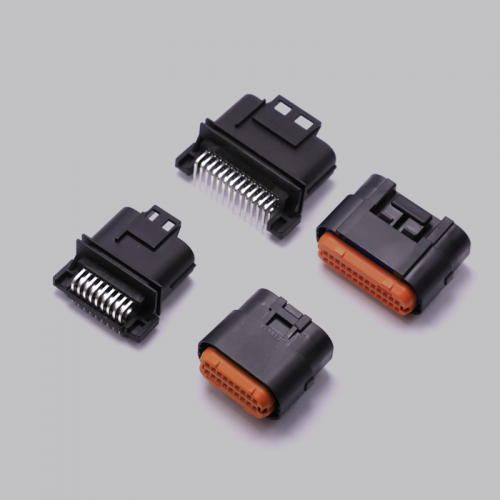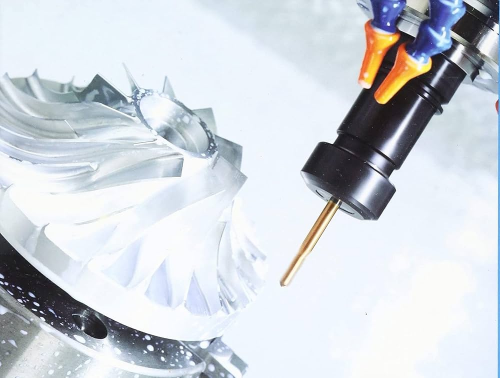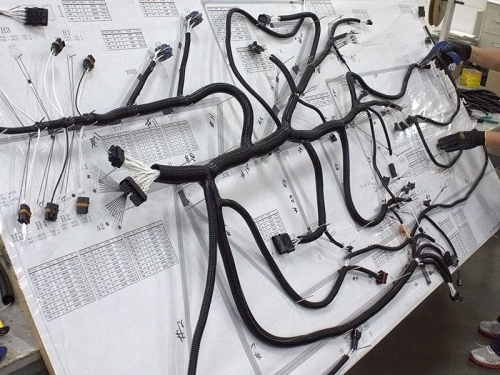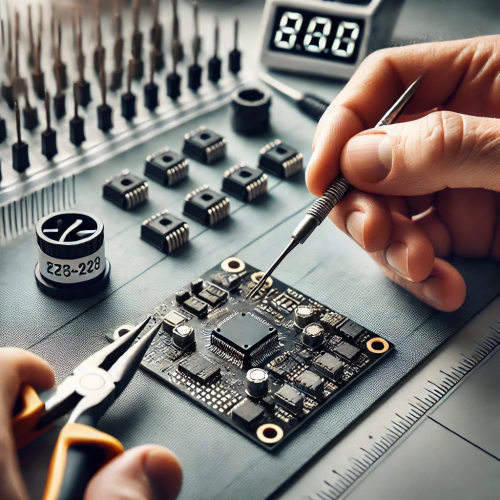In modern automotive industry, car connectors play a vital role. They are responsible for the transmission of electrical signals and power, ensuring the reliable operation of various electronic components in vehicles. With the rapid development of automotive technology, particularly in electric and smart vehicles, international standards for the design, manufacture, and testing of car connectors have become increasingly important. Konnra will provide a detailed analysis of the international standards related to car connectors, helping readers gain a better understanding of this field and our products.
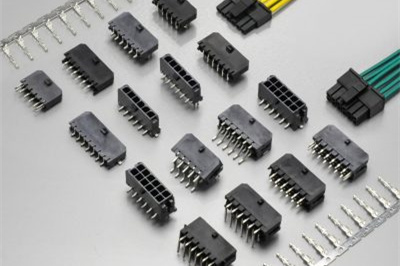
1. Definition and Functions of Car Connectors
1.1 Definition of Car Connectors
A car connector is a component used to connect electrical circuits, allowing the transmission of electrical signals and power. There are various types of connectors based on their functions and structures, including plugs, sockets, and terminal blocks.
1.2 Overview of Functions
The main functions of car connectors include:
Power Transmission: Providing power to various electronic components in the vehicle.
Signal Transmission: Transmitting data and control signals between different components.
Connection Assurance: Ensuring the reliability of electrical connections to prevent short circuits or other failures.
2. Importance of International Standards for Car Connectors
2.1 Ensuring Product Quality
International standards provide clear guidelines for the design and manufacturing of car connectors. They ensure that products meet industry requirements for performance, durability, and safety. This helps improve product reliability and reduce failure rates.
2.2 Promoting Global Trade
Products that adhere to international standards are more likely to enter global markets. Automotive manufacturers and suppliers often prefer products that meet these standards to minimize procurement risks.
2.3 Enhancing Technological Standards
The development of international standards is based on the latest technological advancements and industry needs. This drives innovation and progress in car connector technology, encouraging industry participants to continuously enhance product performance and competitiveness.
3. Key International Standards for Car Connectors
3.1 ISO Standards
The International Organization for Standardization (ISO) has established several standards related to car connectors, such as:
ISO 6722: This standard specifies the performance requirements for automotive cables, including the heat resistance and corrosion resistance of connectors.
ISO 26262: This standard focuses on the functional safety of automotive electronic systems, ensuring the reliability of connectors in safety-critical applications.
3.2 IEC Standards
The International Electrotechnical Commission (IEC) has also released standards related to connectors, including:
IEC 61076: This standard addresses the interface and technical requirements for various types of automotive connectors.
IEC 60664: This standard specifies insulation requirements in electrical equipment, applicable to the design and manufacture of connectors.
3.3 SAE Standards
The Society of Automotive Engineers (SAE) is an important standards organization in the automotive industry. Its standards are widely used globally. For example:
SAE J2030: This standard addresses performance testing requirements for car connectors, ensuring product reliability in real-world applications.
SAE J1171: This standard focuses on the design and testing standards for electronic connectors used in vehicles.
4. Design Requirements for Car Connectors
4.1 Mechanical Performance
When designing car connectors, mechanical performance must be considered, including:
Insertion and Extraction Force: The force required to insert and remove the connector should be within a specific range to ensure ease of use.
Durability: Connectors should withstand a certain number of insertions and extractions without affecting their performance.
4.2 Electrical Performance
Electrical performance is a critical metric for evaluating connectors, including:
Resistance: The contact resistance of connectors should remain within standard limits to minimize energy loss.
Dielectric Strength: Connectors must be able to withstand a certain voltage to ensure safety.
4.3 Environmental Adaptability
Car connectors need to function in various environmental conditions, such as high temperatures, low temperatures, and high humidity. Design considerations should include:
Temperature Resistance: Materials used for connectors should withstand high temperatures generated during vehicle operation.
Water Resistance: Preventing moisture from entering the connector to avoid corrosion and short circuits is essential.
5. Manufacturing Processes for Car Connectors
5.1 Material Selection
The choice of materials for car connectors is crucial. Commonly used materials include:
Plastic: Typically used for the connector housing, requiring good insulation and heat resistance.
Metal: Used for contact parts, necessitating good conductivity and corrosion resistance.
5.2 Production Process
The production process for car connectors generally includes the following steps:
Design: Product design based on standards and customer requirements.
Mold Manufacturing: Creating molds necessary for the production of connectors.
Injection Molding: Using injection molding technology to produce the connector housing.
Assembly: Assembling different parts to form a complete connector.
Testing: Conducting performance tests on connectors according to relevant standards.
5.3 Quality Control
Quality control is crucial in the production process. Principles include:
Monitoring Throughout the Process: Monitoring every production stage to ensure products meet standards.
Regular Inspections: Conducting periodic inspections of products to ensure quality upon delivery.
6. Market Trends for Car Connectors
6.1 Rise of Electric Vehicles
As electric vehicles become more popular, the demand for car connectors continues to increase. Electric vehicles have higher performance requirements for connectors, driving advancements in related technologies.
6.2 Development of Smart Vehicles
The development of smart vehicles presents new opportunities for the connector industry. The complexity of smart systems raises the performance, reliability, and safety requirements for connectors.
6.3 Impact of Environmental Regulations
Stricter environmental regulations worldwide are prompting car connector manufacturers to focus more on environmentally friendly materials and production processes.
7. Conclusion
International standards for car connectors are vital for their design, manufacture, and testing. Adhering to these standards improves product quality and drives industry development. As a manufacturer of electronic connectors, we are committed to following international standards to provide high-quality connector products that meet evolving market needs.

